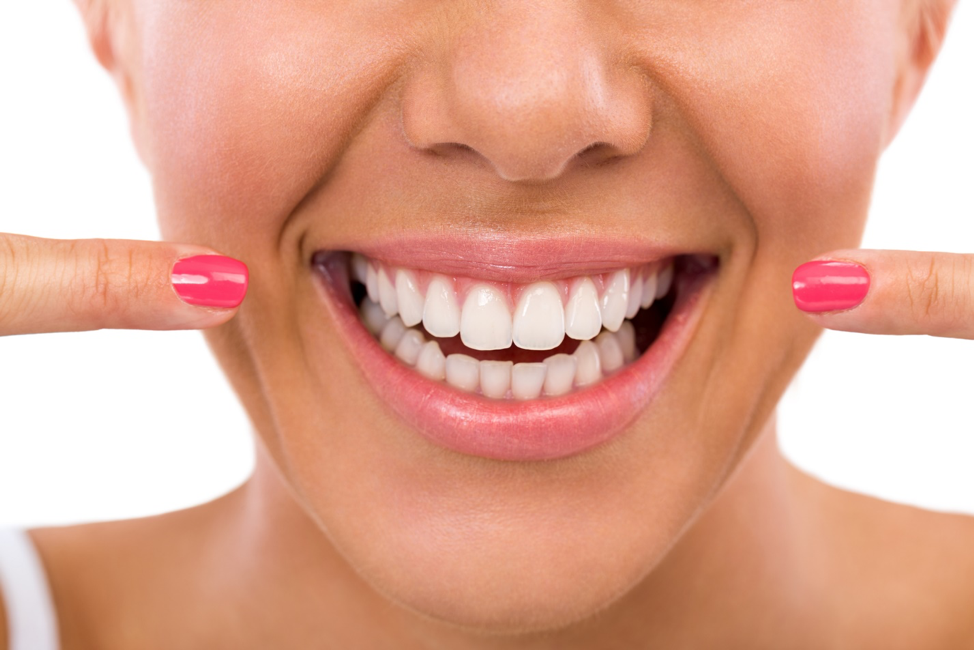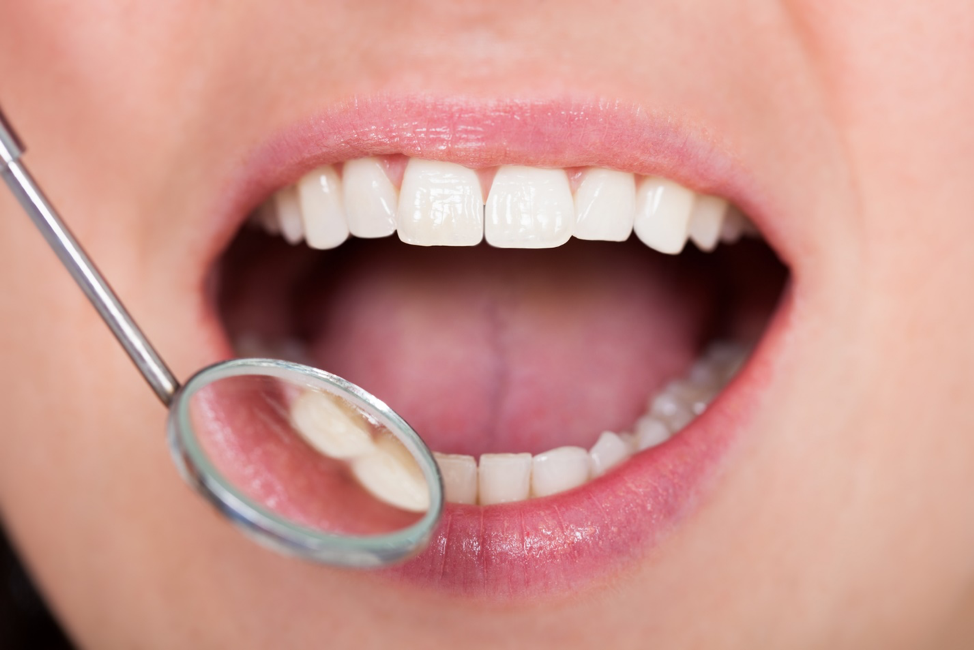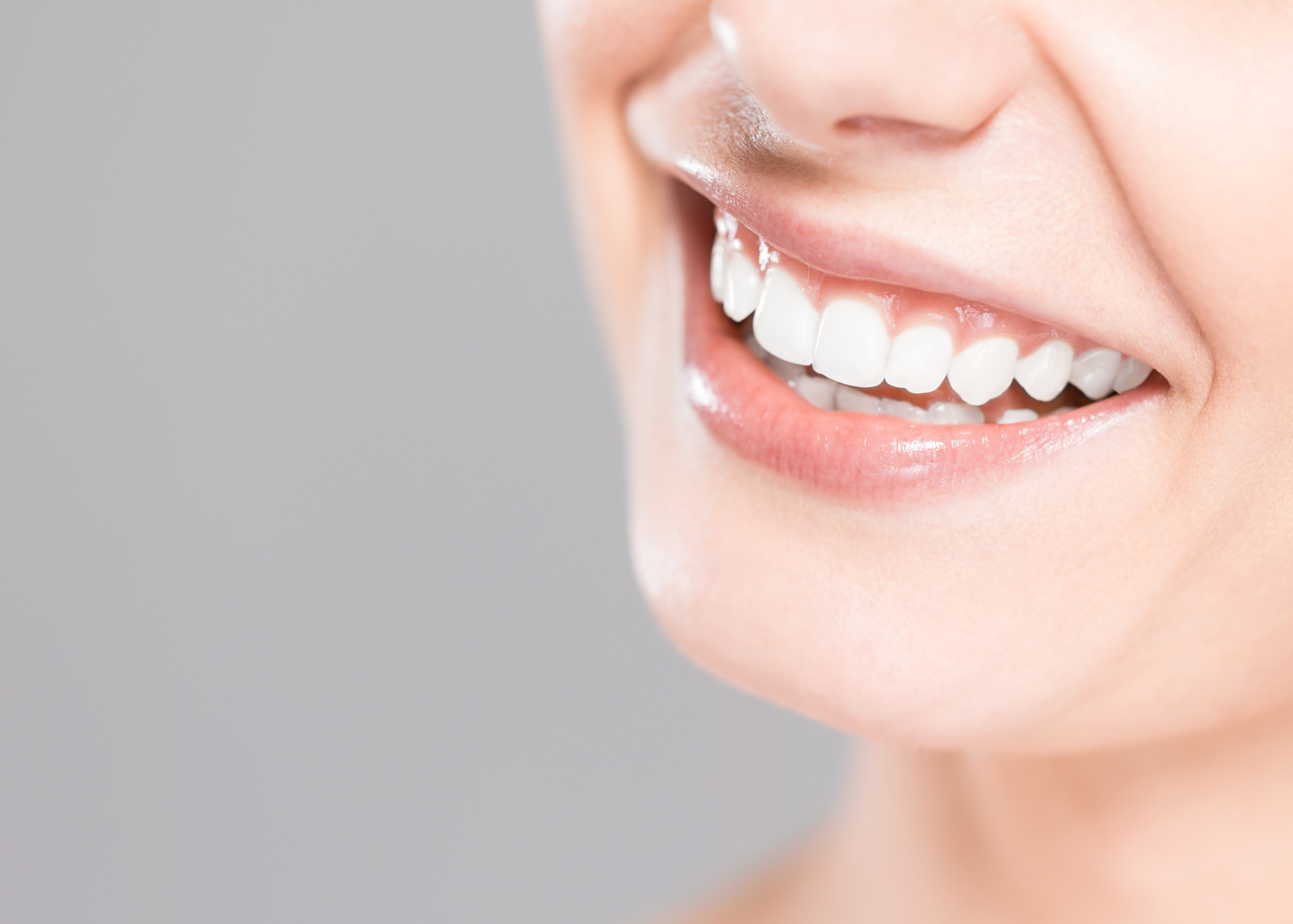
The Go-To Grant Park Dentist for a Smile Makeover
October 23, 2020
Grant Park Dentist Answers Questions About White Fillings
November 13, 2020It is estimated that over 10 million Americans are affected by temporomandibular joint disorder. For most people, this means occasional jaw pain and discomfort, but for others, the pain can be disruptive and debilitating. Thankfully, modern dentistry offers several TMJ treatment options for those suffering from severe jaw pain.
For mild cases of TMJ disorder, patients should still consult a dental professional. The dentist may recommend remedies like jaw exercises, avoiding certain foods, massages, and using heat and ice.
Patients who need professional TMJ treatment often experience the following symptoms more often, for longer periods of time, and more severely:
- Pain and swelling in the jaw
- Difficulty chewing, eating, and yawning
- Clicking or popping when chewing, yawning, or talking
- A locked jaw
- Chronic headaches
- Ear pain
- Ringing in the ears
- Facial pain and swelling
- Random tooth pain
- Neck and shoulder pain
- Tingling in the arms and hands
Here are six of the most effective TMJ treatments:
1. Mouthguard
When teeth grinding and jaw clenching at night are the causes of TMJ disorder, a mouthguard is a necessary and conservative treatment. Mouthguards are custom-made for each patient to fit comfortably over their teeth while pushing their lower jaw forward. This alleviates jaw pressure to reduce clenching and grinding at night.
2. Dental orthotics
An orthotic, also known as a bite splint, is an oral device made from acrylic that is worn for 24 hours a day. The purpose of this oral device is to gradually and permanently change the patient’s bite and stabilize the jaw joints and muscles.
3. Full mouth reconstruction
TMJ disorder is often caused by dental misalignment and/or bite alignment issues (malocclusion). Some of the most common consequences of TMJ disorder include dental damage and decay. All of these issues can be addressed and resolved by a full mouth reconstruction personalized treatment plan.
A dentist will create a TMJ treatment plan based on your specific needs. This plan could include orthodontics, a bite splint, dental crowns, dental bridges, or dental implants.
4. TENS therapy
Transcutaneous electronic nerve stimulation (TENS) utilizes low-frequency electrodes to stimulate and gently massage the muscles in the jaw. This therapy relieves muscle tension, eliminates toxins, and releases endorphins to minimize pain and discomfort. Patients who desire TENS therapy should expect to attend several sessions of treatment.
5. Oral athletic guard
As a preventive measure, your dentist may recommend an athletic guard. These are necessary for patients who play contact sports, and especially those who suffer from TMJ disorder. Athletic guards protect the mouth from dental damage and jaw injury. While you can find these at an athletic supply company, a customized mouthguard is best for providing the most protection.
6. Orthodontics
Many dentists recommend orthodontics to help realign the jaws and straighten teeth. As stated earlier, misalignment and malocclusion are some of the most common causes of TMJ disorder because they lead to unnecessary jaw pressure and pain. Both traditional metal braces and Invisalign® clear aligners can be used to correct these issues.
TMJ Treatment in Grant Park
If chronic jaw pain is disrupting your life, don’t wait any longer to seek professional dental care. Our experienced dentist, Dr. Abbey J. Lee, has provided compassionate dental care to the people of Grant Park for nearly two decades.
Call us today at (404) 328-7177 to schedule your initial consultation.


